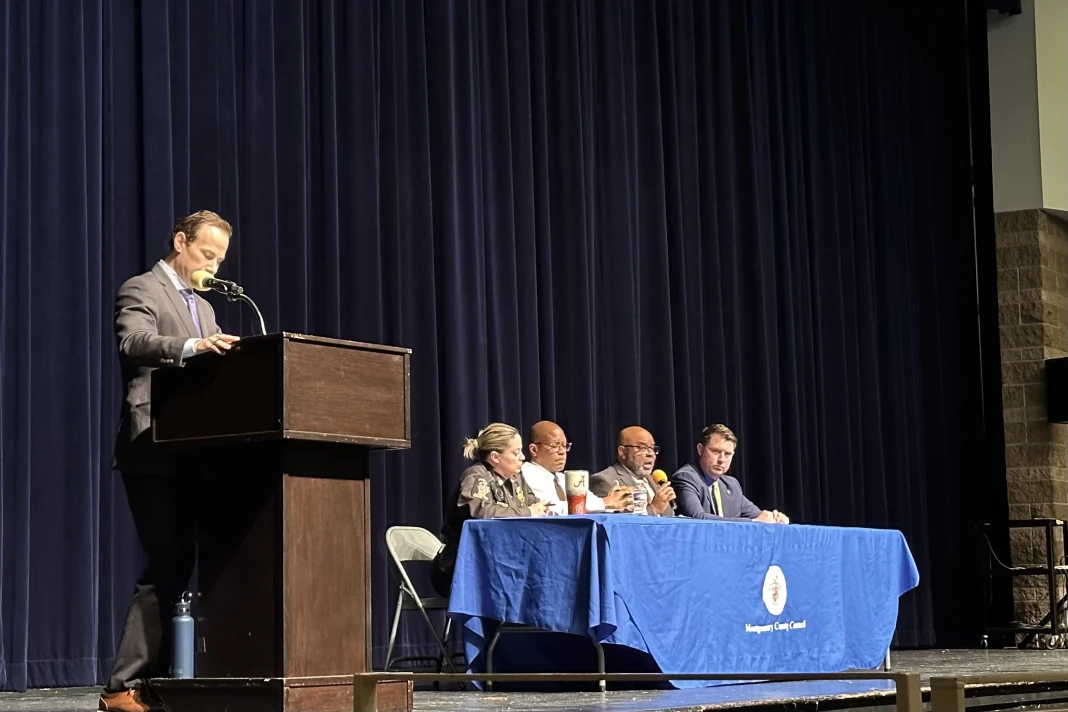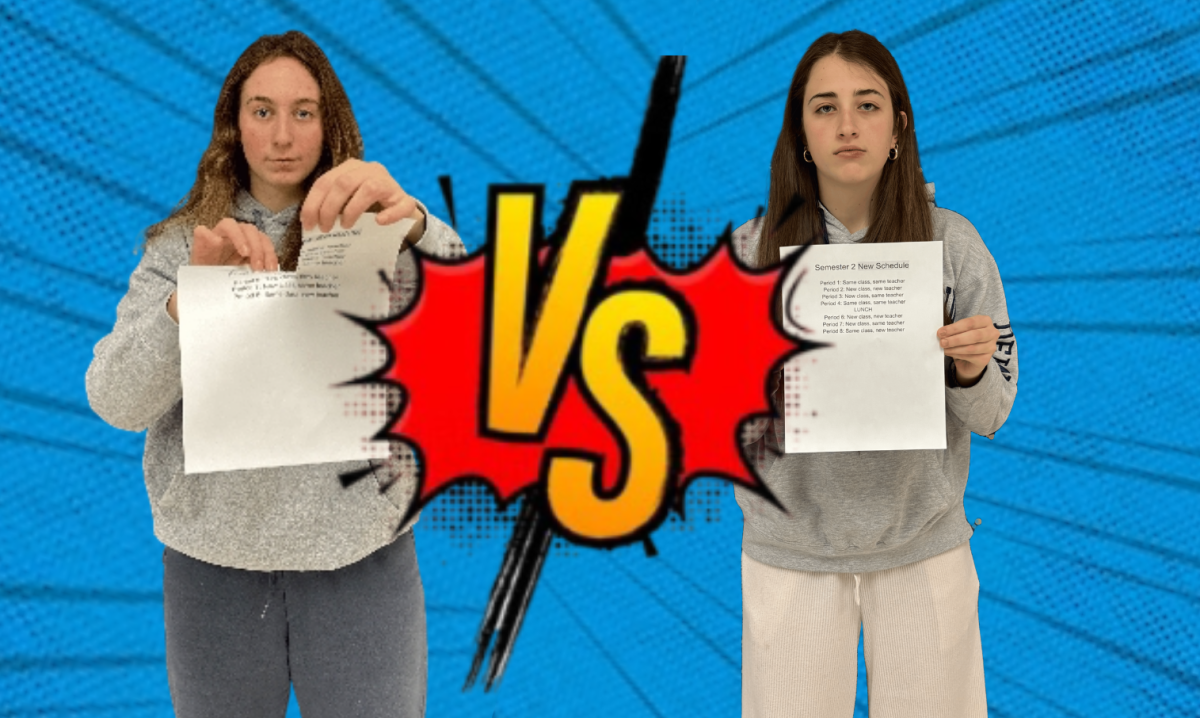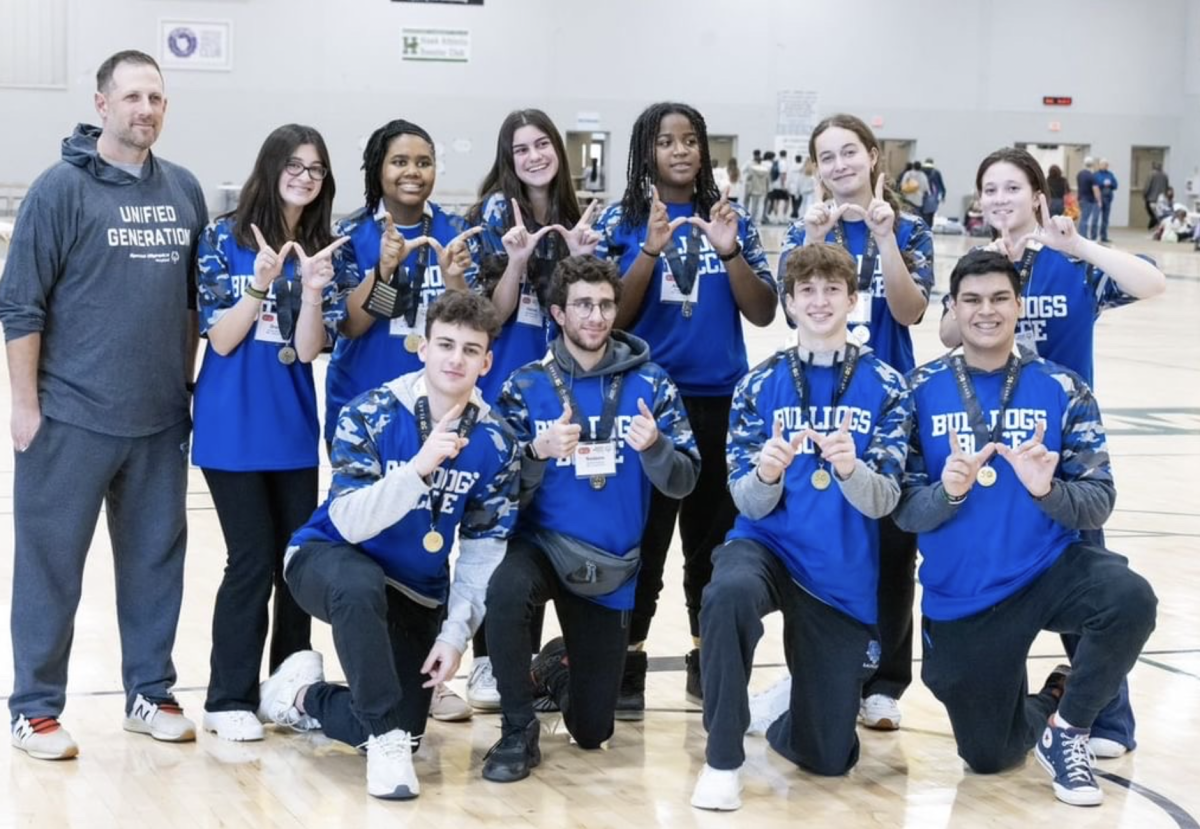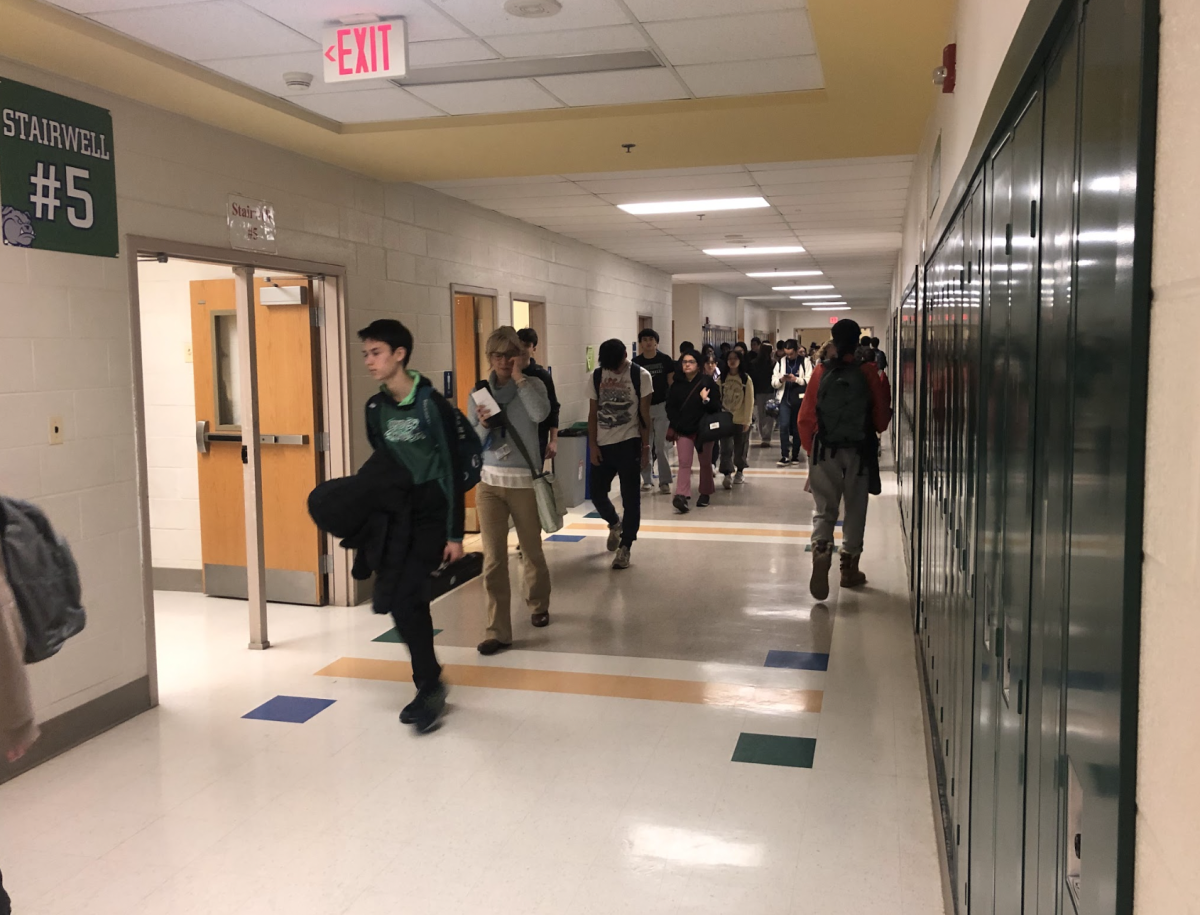Brown, Columbia, Cornell, Dartmouth, Harvard, Princeton, University of Pennsylvania and Yale. The Ivy League. To some, they are the most prestigious; they receive the most money, and they are the schools many students spend their high school careers dreaming of. Students believe that if they get into these schools, then they are almost guaranteed future success in life in terms of job security and bragging rights, but this idea—the myth of the Ivy League—may not necessarily be true.
There is a distinct and almost borderline obnoxious pride that accompanies getting into an Ivy League school, and it is something that many students, especially at CHS, spend four years chasing. But why? Why do we, as students, try so desperately to get into these schools when it may not even be worth it?
Most people say that going to an Ivy increases chances of getting a stable job and earning decent money—and in this economy that is a comforting thought.
However, according to a March 3 CBS News Money Watch article, economists Alan Krueger and Stacy Dale conducted a new study that showed students who got into schools such as Columbia and Princeton, but chose to go to Penn State, would most likely earn just as much as Columbia graduates.
According to the study, high achieving students are likely to have high earnings regardless of the schools they attend.
Students should not rule out “lesser” schools that may not be ranked as highly or have as much prestige. These could offer the perfect environment for students to grow into their own and figure out what they want to do in their lives.
According to a Class of 2009 Observer Senior Section article, one senior was going to an extremely non-conventional school that was different in that the classes were held outside, and the relationships with teachers were much closer and meaningful.
That kind of school would not suit everybody—to be honest it probably would not suit me, but there is something appealing about the idea of a college that is small and relaxed. Some people can develop better in an environment with less pressure. That seems much better than stressing out during what are supposed to be the best years of one’s life just to go to college where one would have to stress out even more.
According to US News Education’s 2011 ranking, 11 out of the top 16 national universities ranked for best undergraduate teachers were not Ivy League schools.
In fact, originally the Ivy League was created as an athletic association. It was an athletic conference of the northeastern universities; there was no academic aspect to it. While the Ivy schools are no doubt highly ranked for a good reason, there are other places that provide the same, if not better, resources. Schools have more to offer than their ranking.
Students should be proud of getting into an Ivy League school because of the hard work it takes to be accepted, but colleges do not make all the difference in an education. Dedication, hard work and discipline make the difference. Many of the success stories didn’t have a big name diploma attached to them—they had their work ethic. That and inspiration are really all you ever need.













